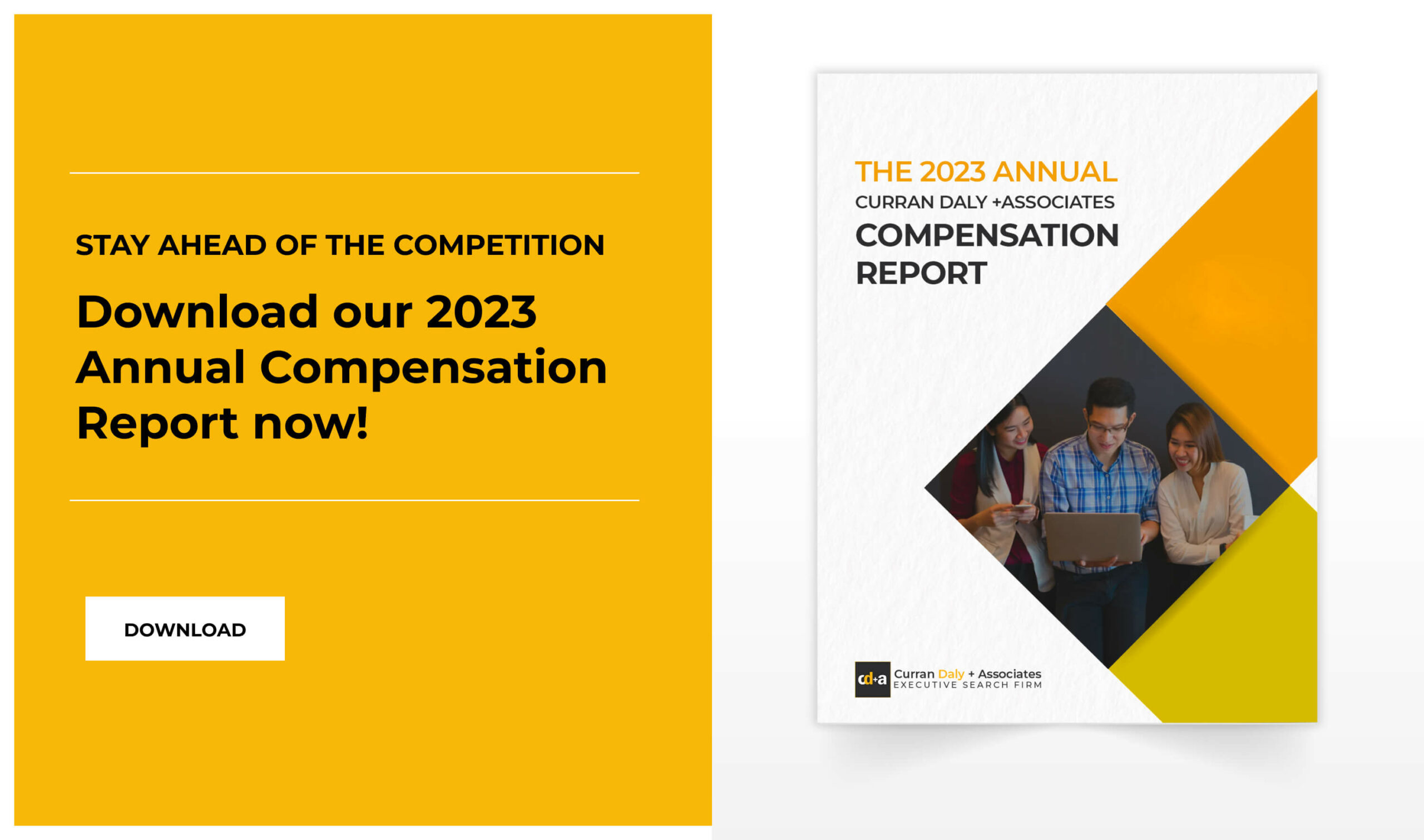Scholars coined the term “emotional intelligence” in the early 1990s. The rise to prominence of this term was due to a peculiar finding surrounding the relationship between intelligence and performance.
In more recent years, Dr. Howard Gardner developed his theory of multiple intelligences, identifying nine different intelligences with a vast number of characteristics. EI happens to be just one of those embedded under the nine categories.
According to Dr. Travis Bradberry, author of the award-winning and bestselling book, Emotional Intelligence 2.0, “emotional intelligence has been the missing link in a peculiar finding: people with average intellectual quotients (IQs) outperform those with the highest IQs 70% of the time”.
“This anomaly threw a massive wrench into what many people had always assumed was the sole source of success—IQ,” Dr. Bradberry says.
Today, decades-worth of research now gives us a clear understanding of what EI is and its role in job performance and ultimately, success.
What is Emotional Intelligence?
According to leading researchers and psychologists Peter Salovey and John D. Mayer, emotional intelligence is “the ability to recognize and understand emotions in oneself and others.”
To them, it has four levels: perceiving, reasoning, understanding, and managing emotions.
For starters, it is an intangible personal trait that allows us to accurately read other people’s emotions and respond to them accurately and appropriately. It is also a type of intelligence that will enable us to stay sensitive to our own emotions and behavior.
The term emotional quotient (EQ), on the other hand, is easily defined as “the level of a person’s emotional intelligence, often as represented by a score in a standardized test.” This might be why, at present, more and more recruiters are conducting psychological tests before making a final offer.
Generally, it commands how we behave, navigate social complexities, and make personal decisions. Indeed, while decision-making is predominantly seen as a rational task involving IQ most of the time, new research shows that EQ governs much of our personal decision-making processes.
In his book, Emotional Intelligence, Dr. Bradberry identifies four core skills that pair up under two primary competencies: personal competence and social competence.
Personal competence revolves around the individual rather than the individual’s interaction with those around the self. It comprises self-awareness and self-management skills. In brief, it is our ability to stay aware of our emotions and manage our tendencies and actuation.
Social competence, on the other hand, pertains to an individual’s ability to remain sensitive to other people’s motives, moods, and behavior. It comprises social awareness and relationship management skills. In brief, it allows us to effectively and appropriately respond to social signals and manage relationships.
In different settings, EQ is also referred to as “soft skills” or “people skills.” But the generally accepted and scientific terminology for these is emotional intelligence or EQ.
The Case for EQ
Is EQ that important for high performance and, ultimately, success? Psychologist Dr. Carey Cherniss thinks it is.
Dr. Cherniss has been studying emotional intelligence for a long time. In 1999, he published a paper citing a 19-point case for businesses to pay attention to emotional intelligence, using a compilation of data.
Comparing the results of the group of sales agents hired on the basis of EQ and those hired using the typical measures (e.g. experience, education, and IQ), the case study reveals that the sales agents hired on the basis of EQ outsold other salespeople by $91,370 for a net revenue increase of $2,558,360.
If that weren’t enough, the high EQ employees had 63% less turnover during the first year than those selected in a typical manner.
The link between emotional intelligence and performance is difficult to deny. A study by TalentSmart tested EQ alongside 33 other essential workplace skills and found that it is responsible for 58% of one’s job performance.
A 2011 nationwide study by online career site Career Builder on 2,662 US hiring managers, on the other hand, revealed that 71% of employers value EQ in an employee over IQ. When asked why, the cumulative response of the employers is, in order of importance:
- Employees [with high EI] are more likely to stay calm under pressure
- Employees know how to resolve conflict effectively
- Employees are empathetic to their team members and react accordingly
- Employees lead by example
- Employees tend to make more thoughtful business decisions
Dr. Bradberry believes that emotional intelligence is also the foundation of much of our critical thinking skills. “Your emotional intelligence is the foundation for a host of critical skills—it impacts most everything you do and says each day,” Dr. Bradberry adds.
Final Thoughts
The good news is that EQ is a flexible skillset. It means that it can be acquired and refined. According to Dr. Bradberry, the plasticity of the human brain allows us to learn, unlearn, and relearn new skill sets, emotional intelligence included. The key is constant practice.
Building a productive business environment requires a good understanding of employee behavior and motivation. Our services and headhunters could help you explore this topic and make informed, real-world decisions.
Send us a message now!
References
Bradberry, T. (2017). Why You Need Emotional Intelligence To Succeed. [online] Available at: https://www.forbes.com/sites/travisbradberry/2015/01/07/why-you-need-emotional-intelligence-to-succeed/#56dd373c6246 [Accessed 13 Jun. 2017].
Career Builder. (2011). Seventy-one percent of employers say they value emotional intelligence over IQ, according to CareerBuilder survey. Retrieved from https://www.careerbuilder.ca/share/aboutus/pressreleasesdetail.aspx?id=pr652&sd=8%2f18%2f2011&ed=8%2f18%2f2099
Cherry, K. (2019, May 10). Utilizing emotional intelligence in the workplace. Retrieved from Verywell Mind website: https://www.verywellmind.com/utilizing-emotional-intelligence-in-the-workplace-4164713
Cooper, S. (2017). Look For Employees With High EQ Over IQ [online] Available at: https://www.forbes.com/sites/stevecooper/2013/03/18/look-for-employees-with-high-eq-over-iq/#2d8cc4196daa [Accessed 12 Jun. 2017].
Deleon, M. (2015). The Importance of Emotional Intelligence at Work. [online] Entrepreneur. Available at: https://www.entrepreneur.com/article/245755 [Accessed 13 Jun. 2017].
Emotional quotient. (n.d.). In Lexico Dictionaries. Retrieved August 26, 2019, from https://www.lexico.com/en/definition/emotional_quotient
Forbes.com. (2017). Is IQ A Predictor of Success? [online] Available at: https://www.forbes.com/sites/quora/2015/09/16/is-iq-a-predictor-of-success/#1e2e06443604 [Accessed 13 Jun. 2017].
Northern Illinois University. (n.d.). Howard Gardner’s theory of multiple intelligences. Retrieved from Faculty Development and Instructional Design Center website: https://www.niu.edu/facdev/_pdf/guide/learning/howard_gardner_theory_multiple_intelligences.pdf









0 Comments